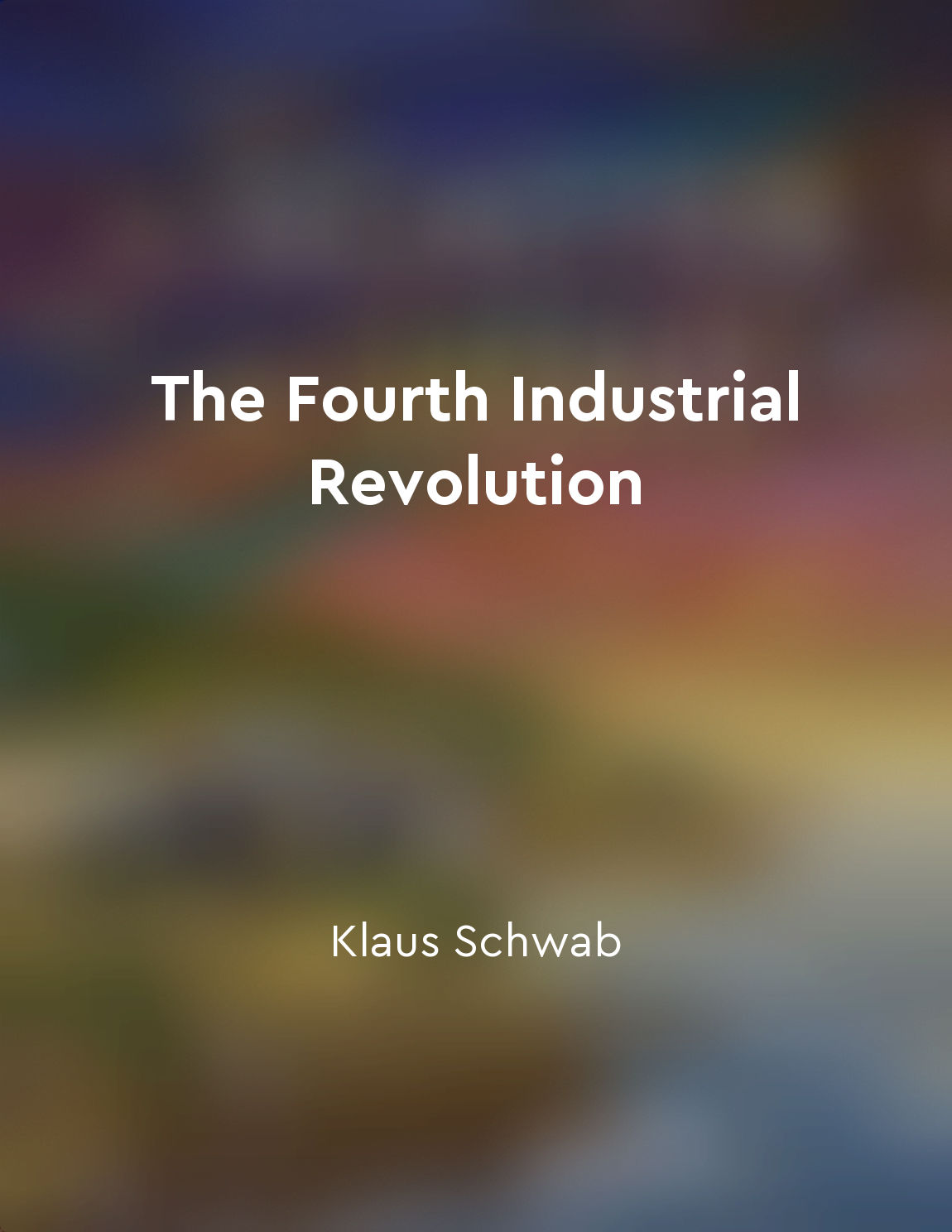Smart machines are enhancing customer experiences from "summary" of Smart Machines by John E. Kelly III,Steve Hamm
Smart machines have revolutionized the way businesses interact with customers. By leveraging artificial intelligence and machine learning, companies can now enhance customer experiences in ways that were previously unimaginable. These technologies have enabled organizations to personalize interactions, anticipate customer needs, and provide timely and relevant solutions. One of the key advantages of smart machines is their ability to analyze vast amounts of data in real-time. This allows businesses to gain insights into customer behavior, preferences, and trends, enabling them to tailor their products and services to meet individual needs. For example, recommendation engines use algorithms to suggest products or services based on a customer's past purchases or browsing history. Moreover, smart machines have improved customer service by automating repetitive tasks and streamlining processes. Chatbots, for instance, can provide instant support to customers 24/7, resolving inquiries quickly and efficiently. This not only enhances the customer experience but also frees up human agents to focus on more complex and high-value tasks. In addition, smart machines have transformed the way businesses collect and utilize feedback from customers. Sentiment analysis tools can analyze customer reviews, social media posts, and other sources of feedback to understand customer sentiment and identify areas for improvement. This enables companies to proactively address issues and enhance customer satisfaction. Furthermore, smart machines have enabled businesses to offer personalized recommendations and promotions to customers. By analyzing customer data and behavior, companies can deliver targeted marketing campaigns that resonate with individual preferences. This not only increases customer engagement but also drives sales and revenue.- The integration of smart machines in customer experiences has revolutionized the way businesses engage with their customers. By leveraging artificial intelligence and machine learning, organizations can provide personalized, efficient, and seamless interactions that meet the evolving needs and expectations of today's consumers.
Similar Posts
Sentiment analysis determines the emotional tone of text data
Sentiment analysis involves determining the emotional tone of text data. This can be crucial for understanding how customers fe...
The digital divide will widen
In the coming decade, the digital divide will grow wider, creating a chasm between those who have access to technology and thos...

Automation disrupts traditional industries
Automation is changing the face of industries worldwide, leaving many traditional sectors struggling to keep up. With the rise ...

Humans are collaborating with machines
John Markoff explores the intricate relationship between humans and machines in his book "Machines of Loving Grace." The concep...
The company faces regulatory challenges and antitrust scrutiny
Amazon's rise to power has not gone unnoticed by regulators and competitors alike. As the company solidified its dominance in e...
Data ethics addresses ethical considerations in data analysis
Data ethics is a critical aspect of data analysis that cannot be overlooked. It deals with the moral principles and values that...
The need for a global perspective in navigating the industries of the future
To understand the industries of the future, one must recognize the importance of having a global perspective. In today's interc...
Understanding AI ethics is crucial for responsible AI deployment
As we navigate the complex landscape of artificial intelligence (AI), it becomes increasingly evident that our decisions around...
Embrace failure as a learning opportunity
When things go wrong, it's natural to feel disappointed or frustrated. Failure is often seen as a setback, a roadblock that pre...

The rise of the gig economy is changing traditional employment models
The rise of the gig economy, characterized by short-term, flexible jobs rather than permanent positions, is fundamentally alter...

